Day 7 - 28 October 2019
Article 19: Governments must protect children from abuse and being neglected by anyone who looks after them.
Article 34: The government should protect children from sexual exploitation (being taken advantage of) and sexual abuse, including by people forcing children to have sex for money, or making sexual pictures or films of them.
Every child and young person has the right to live a life free from any form of violence, and deserves to grow up in a safe, peaceful, nurturing and enabling environment where they can fully exercise their rights.
Gender-based violence—may it be in the form of laws and policies that repress or harm children or threats from fundamentalist forces, persists in every country of the world and affects women, girls, and trans people of all ages and backgrounds.
Day 8 - 29 October 2019
 Bullying
Bullying
Bullying affects children everywhere, across all regions and countries. Bullying refers to violence between peers/students, which is characterised as “intentional and aggressive behaviour repeatedly occurring where there is a real or perceived power imbalance.”
- - One-third of youth globally experience bullying in school.
- - Boys experience slightly higher rates of bullying than girls overall, but in countries where bullying is most pervasive, girls are more vulnerable.
- - Low socioeconomic status is the main predictor of whether young teens in wealthy countries will experience bullying in schools.
- - Immigrant youth in wealthy countries are more likely to experience bullying in schools than locally-born youth.
Globally, boys are 4% more at risk to be bullied than girls. However, that changes, when looking in the 10 countries, where children report the highest incidences of bullying. In these countries, 65% of girls and 62% of boys report bullying “revealing that where bullying is most pervasive, girls are more widely impacted.”
Boys are more likely to experience physical bullying than girls, and girls are more likely to experience psychological bullying, such as being ignored or left out, or becoming a victim of severe body shaming.
School-related gender-based violence is a significant obstacle to universal schooling and the right to education for girls
Nevertheless, we must be aware that there also a certain dark number of cases, who do not report to be bullied at the school.
Source: UNESCO DATA
Gender-based violence
Violence against women and girls is one of the most prevalent human rights violations in the world. It knows no social, economic or national boundaries. Worldwide, an estimated one in three women will experience physical or sexual abuse in her lifetime.
Gender-based violence undermines the health, dignity, security and autonomy of its victims, yet it remains shrouded in a culture of silence (UNFPA 2019).
- - It is estimated that there are 650 million women and girls in the world today who were married before age 18. During the past decade, the global rate of child marriage has declined—from one in four young women (aged 20-24) being married as children, to almost one in five.
- - Child marriage often results in early pregnancy and social isolation, interrupts schooling, limits the girl’s opportunities and increases her risk of experiencing domestic violence
- - At least 200 million women and girls alive today have undergone female genital mutilation in the 30 countries with representative data on prevalence. In most of these countries, the majority of girls were cut before age five. With population movement, female genital mutilation is becoming a practice with global dimensions
- - Approximately 15 million adolescent girls (aged 15 to 19) worldwide have experienced forced sex (forced sexual intercourse or other sexual acts) at some point in their life. Out of these, 9 million adolescent girls were victimised within the past year. In the vast majority of countries, teenage girls are most at risk of forced sex by a current/former husband, partner or boyfriend. Based on data from 30 countries, only one per cent ever sought professional help
Source: UN WOMEN DATA
Day 9 - 30 October 2019
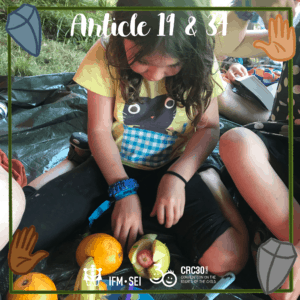 Millions of children all over the world face situations from violence, abuse, neglect and sexual exploitation. In 2006, the UN study on violence against children found very disturbing evidence of violence perpetrated against children both physically and emotionally.
Millions of children all over the world face situations from violence, abuse, neglect and sexual exploitation. In 2006, the UN study on violence against children found very disturbing evidence of violence perpetrated against children both physically and emotionally.
Most of the violence against children are done within private institutions like homes (family), schools, prisons etc. and often practiced by people well known to them.
In some countries, children are considered as properties of their parents or guardians and are exposed to various forms of corporal punishment in the name of ‘what is best for the child’.
Some children are especially vulnerable due to socio-economic status, ethnicity, living in conflict areas, belonging to minority groups, orphaned children and disabilities.
Evidence shows that violence against children both physically and emotionally negatively impacts their health and psychological development as well as their self-esteem.
Even though millions of children are abused each day, in most countries, they are very few or no laws protecting children especially against corporal punishment. Children are humans and should be treated as such; they have their rights as humans and need to be protected against all forms of violence, abuse, neglect and sexual exploitation. Children need to be respected and given a voice in issues involving them, laws need to be put in place to protect children where there is none, and enforced where they are already existing. It is also very important that perpetrators of violence against children must be punished and that we make the world a very safe place for children where they know their rights, are empowered to demand them and can live their lives to full potentials.
Do you want to learn more? Check out our other post for 30 Days of Children's Rigts!
- 1. Kick Off
- 2. Article 7 & 8


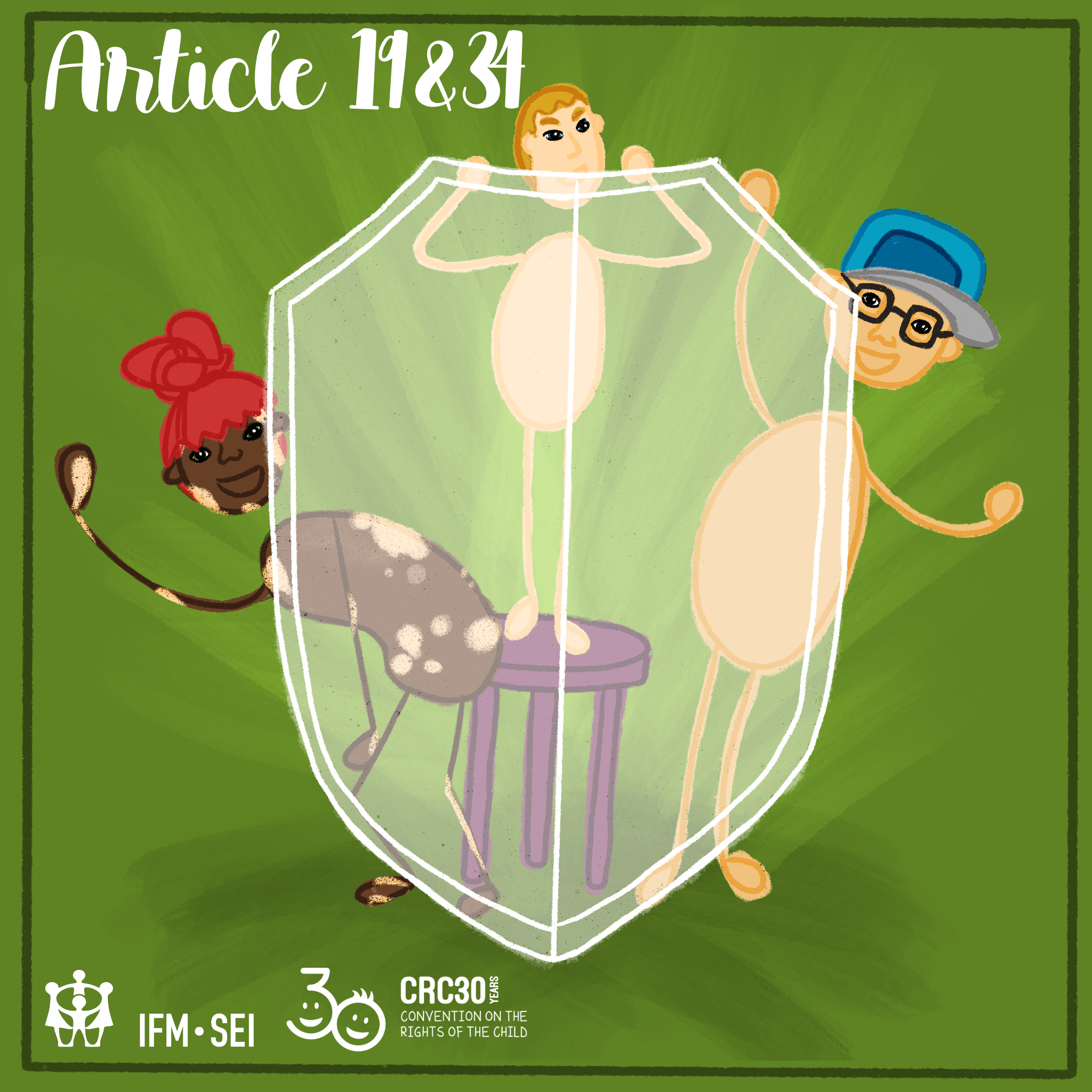
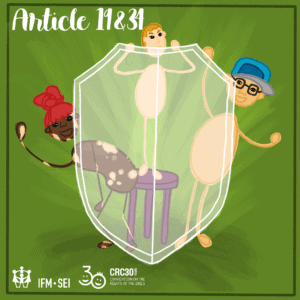 Article 19: Governments must protect children from abuse and being neglected by anyone who looks after them.
Article 19: Governments must protect children from abuse and being neglected by anyone who looks after them.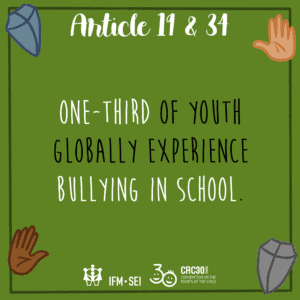 Bullying
Bullying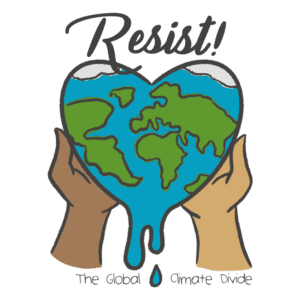







Comments are closed